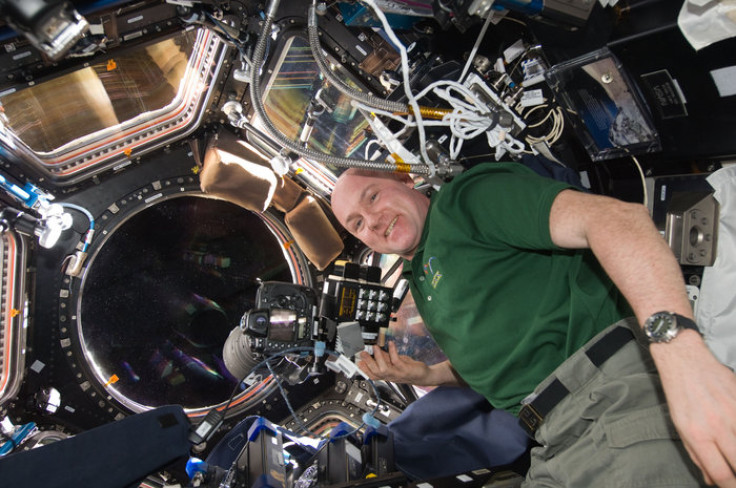Nasa to pay £12,000 for volunteers who will stay in lab bed for 70 days

Nasa is looking for healthy American participants who will stay in bed for 70 days in conditions mimicking those in space.
In return for putting up with the gruelling ten weeks in bed with the body tilted slightly in a head-down and feet-up pose, the participants will be paid £12,279 ($18,000).
The space agency plans to study the effects of microgravity on muscle, cardiovascular and bone functions on the subjects.
The group will be split into exercising and non-exercising groups and will be acclimatised first to the conditions inside the "bed rest facility" at the Nasa Flight Analog Research Unit in Houston, Texas.
Among the many challenges will be the need to relieve and clean oneself by using a plastic bedpan and washing with a hand-held shower-head while still horizontal.
Activities that do not involve much movement are permitted while in bed, reports the Independent.
Back and neck pain from constant lying down, aching arms and chronic sleepiness from remaining in one position for long are among the problems the participants can expect.
After the rest period there will be a period of "reconditioning activities" like squatting, cycling and walking while still lying down to see how regular exercises assist the body in adapting back to normal.
Participants will have to pass tough fitness tests that astronauts undergo.
Muscles and gravity
Strong muscles and bones form on Earth by resisting the force of gravity. However in space, gravity is greatly reduced and even with regular exercise, astronauts begin to lose bone and muscle mass during spaceflight.
Highly-trained and skilled astronauts have also been known to struggle with sleep deprivation before, during and after space missions.
Experiments are being done aboard the space station on organisms ranging from the fruitfly to the worm and geckos to understand the effect of low gravity on the physiology.
Seeds sent into space have produced larger vegetables when planted on Earth, while a cherry tree grown from a seed that stayed in space for some time matured much faster than normal trees.
© Copyright IBTimes 2024. All rights reserved.





